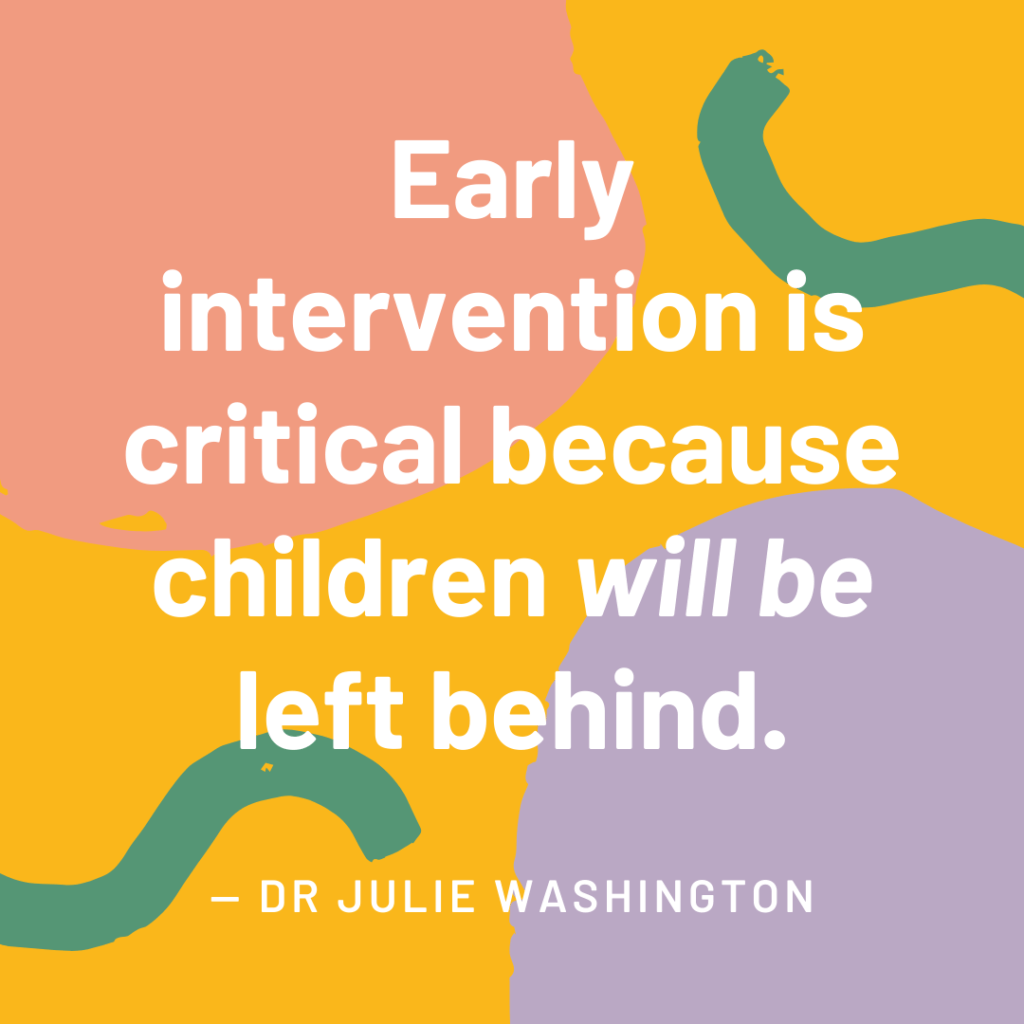
You spend time with your child. You are probably the person who understands your child best. And you noticed something’s not quite right. You were not sure if it is something that you should be concerned with. At this stage, your parent instinct might have just kicked in. What are your choices should you suspect your child is somewhat “different”? What can you do?
Developmental Milestones
For first time parents, you may be at loss on how your firstborn should be growing or developing. For non-first time parent, this is when you noticed that this child is somewhat different from their siblings. Maybe they are not babbling much. Or your child is extremely sensitive in the mornings when you open the curtains. Probably, your child is not smiling at you as often as you want him to be. If you are concerned, you can make use of developmental checklist to keep track of your child’s development. Based on your checklist and observation, you can raise your concern with your child’s doctor during their immunization check up.
Referrals and Recommendations
If your child’s doctor feels that your sharing warrant further checks, they would make referral or recommendation for your child to see a developmental pediatrician. However, you can also request for your child’s doctor to make the referral or recommendation, either in private or government hospitals. You can ask for their recommendations for your next course of actions.
Unfortunately, there are only a handfuls of developmental pediatrician in Malaysia (both in private and government hospitals). Therefore, the waiting period for you to secure an appointment to meet a developmental pediatrician could be at least 3 months. However, do not let the waiting period to deter you from securing an appointment to meet a developmental pediatrician.

Activities at Home
While waiting for the appointment to meet a developmental pediatrician, you can do activities with your child to support their delays. For example, your 2-month old baby does not hold his head up or push up when lying on tummy. What you can do is allow your baby to lie on his tummy for 1 minute every day after nappy change. You can slowly increase his tummy time as you notice his ability to lift up his head and pushing up increases.
In the developmental checklist offered by Centers for Disease Control and Prevention (CDC), USA, it comes with suggested activities for you to do with your child. For example, for a 2 months old, you can cuddle, talk and play with your baby during feeding, bathing and dressing. You can choose a few activities that support the area of development of your concern to do with your child at home everyday.
Appointment with Developmental Pediatrician
Bring your developmental checklist and all of your child’s medical record with you when you meet the developmental pediatrician. The initial meeting would be for the developmental pediatrician to understand the background, history and concerns that you have on your child. The doctor may propose further examinations or assessment on your child to determine your child’s actual developmental delays or conditions. They would determine if the causes of delay are medical conditions or of any other concerns.
Once their assessment or diagnosis is complete, the doctor would be able to share with you on the specific delays and what are the actions recommended for your child.
Other professionals who may be able to assist
You may choose to seek other professionals for assistance such as clinical psychologist or psychiatrist. However, do know that each of these professionals have their own specialization. Ensure that you speak to the right professionals who would be able to assist your child. Here are some other professionals who you may seek assistance from.
Behavior Therapists
Behavior therapists work on enforcing desirable behaviors and eliminating unwanted behaviors. Their focus are primarily on establishing communication channel and appropriate behaviors required from children. Children who are not able to communicate their needs and wants tend to have more tantrums and behavior issues. Some children require support to manage their sensory input in order behave “appropriately”. These can be managed by occupational therapists.
Occupational Therapists
Occupational therapists work on skills needed for an individual to perform their daily functions. Daily activities such as buttoning, zipping, brushing teeth, self-feeding or even managing over-sensitivity or under-sensitivity of sight, hearing, touch, smell and taste. Children who has difficulty in processing these senses would have trouble expressing or imposing self-control.
Speech and Language Therapists
Speech therapists assess speech, language, cognitive-communication, and oral / feeding / swallowing skills. If your child is not babbling or has difficulty in eating, speech therapist would be able to assess and treat the difficulties.
Physiotherapists
Physiotherapists supports individuals to develop their mobility function and well-being. They support postures and muscle development with appropriate therapies and exercise programs.
All therapists would require to do an assessment with your child to determine the condition. They are able to identify any delay that are relevant in their field. The assessment would also provide a guide on the delayed skill of your child and thus provide a better evaluation and treatment plan for your child.
Conclusion

If you noticed any development or non-development of your child, do raise your concern with your child’s doctor. It is essential that you seek early medical support or therapies for your child and address the delays. Making assumptions or believing that your child will outgrow his / her delays may hamper your child’s future development as he / she grows.
Contact us if you have any concerns regarding your child’s development or if you require guidance and planning support for your child.
Read more about making use of developmental milestones here.